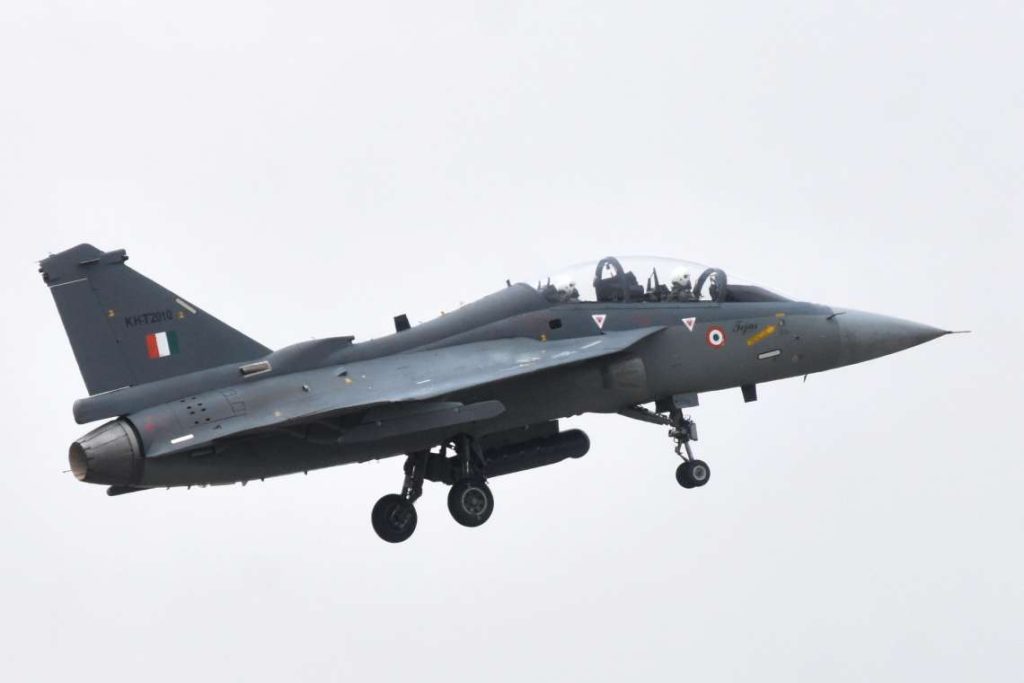Turkish leader’s first White House visit in six years signals reset in ties, but Russian oil and Gaza remain flashpoints
Seated together in the Oval Office at the start of their talks, Trump described Erdogan as “a very tough man” and suggested a willingness to strike deals that could reshape US-Turkish relations. “I’d like to have him stop buying any oil from Russia while Russia continues this rampage against Ukraine,” Trump said. Asked whether he was prepared to sell F-35s to Ankara, Trump replied: “I think he’ll be successful in buying the things that he wants to buy.” He added that sanctions on Turkiye could be lifted “very soon, almost immediately” if the talks went well.
President Donald Trump has signalled that the United States could lift sanctions on Turkiye and reconsider Ankara’s bid to rejoin the F-35 fighter jet programme, as he welcomed President Tayyip Erdogan to the White House for the first time in six years. The overture comes with a condition: Trump wants Turkiye to halt purchases of Russian oil, which he said directly funds Moscow’s war in Ukraine.
Erdogan’s return to Washington comes at a pivotal moment. The Turkish president is seeking to capitalise on Trump’s appetite for transactional diplomacy, in contrast to Joe Biden’s more cautious approach. Biden, wary of Ankara’s defence ties with Moscow, had largely kept the NATO ally at arm’s length. Trump, however, has long cast himself as more open to working with both Russia and Turkiye — and more personally comfortable with Erdogan.

The two men, both accused by domestic critics of concentrating power in their hands, had a turbulent relationship during Trump’s first term, clashing especially over Syria. Yet in his second term, their positions have converged. Washington and Ankara now both back Syria’s central government, removing what was once the most significant fault line between them.
Still, disagreements linger. One sensitive issue is Israel’s war in Gaza, where Erdogan has accused Tel Aviv of committing genocide — a position that puts him sharply at odds with Washington’s staunch support for Israel. Analysts say this could be a “wild card” in otherwise pragmatic talks centred on trade, defence and energy.
At the heart of the meeting is the question of whether Turkiye can re-enter the US-led F-35 programme. In 2020, Trump’s own administration sanctioned Ankara and barred it from buying the advanced fighter jets after it acquired Russia’s S-400 missile defence system. Turkiye had previously invested heavily in the programme as both a buyer and a manufacturer of components.
Erdogan has made no secret of his desire to revisit the issue. Ahead of the White House visit, he said defence cooperation — including negotiations over F-35s and a separate request for 40 new F-16 fighter jets — would top the agenda.
According to a US official, Washington recently drafted a statement of intent covering several potential arms sales to Turkiye, including F-16s and upgrades to its existing fleet. Ankara has requested advanced modifications that make the jets costlier than standard F-35s. However, the F-35 itself was excluded from the draft due to legal restrictions linked to the S-400s. “We cannot legally sell them while Turkiye has the system,” the official said. Turkish government representatives have not publicly addressed the reported F-16 costs.
Turkiye, NATO’s second-largest army, is intent on modernising its air power amid what it perceives as escalating threats in the Middle East, Eastern Mediterranean and Black Sea — regions where it borders both Ukraine and Russia. A renewed partnership with Washington could significantly bolster its capabilities at a time of shifting regional dynamics.
The White House encounter is as much about optics as substance. For Erdogan, it demonstrates that Turkiye is back in the diplomatic spotlight after years of tension with Washington. For Trump, it is an opportunity to showcase deal-making on the world stage while pressing allies to cut ties with Moscow’s energy sector.
Whether the two leaders can bridge the gap on Russian oil may prove decisive. Trump’s blunt demand for Ankara to stop buying from Moscow highlights Washington’s broader strategy of isolating Russia economically. But given Turkiye’s heavy reliance on Russian energy — and its longstanding role as a mediator between Moscow and Kyiv — analysts question whether Erdogan is willing or able to comply fully.
Still, the renewed warmth in the Oval Office underscores how much has changed since Biden’s presidency. Where Biden froze relations, Trump appears intent on rekindling them — even at the risk of upsetting other NATO allies wary of Ankara’s closeness to Moscow.
As the two leaders moved from the Oval Office to a private lunch, the stakes could hardly be higher: the future of US sanctions, the fate of Turkiye’s air force, and the balance of power across a region caught between war and fragile diplomacy.













